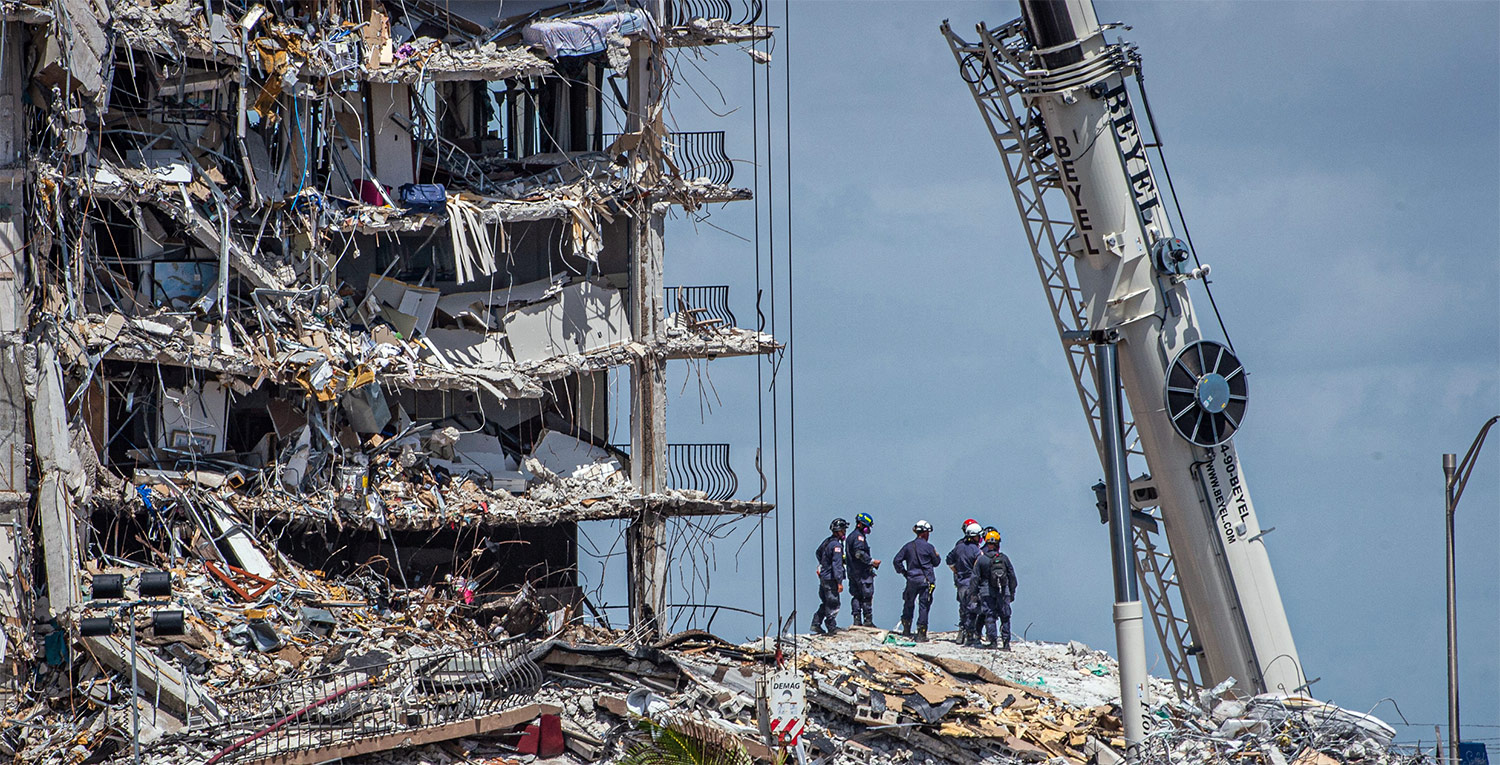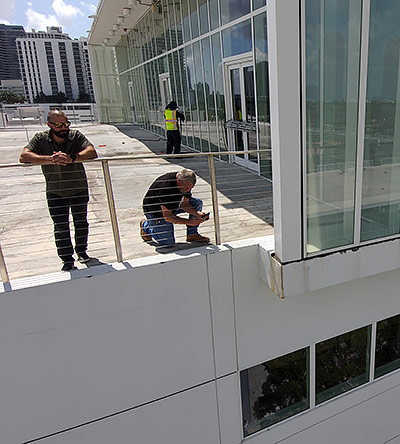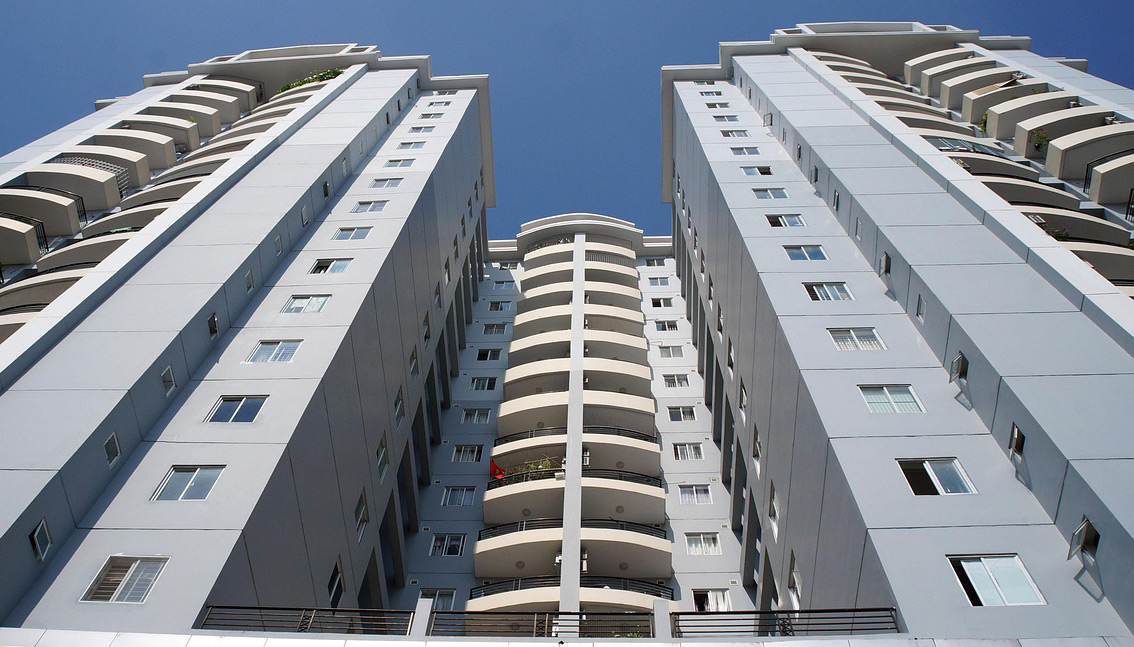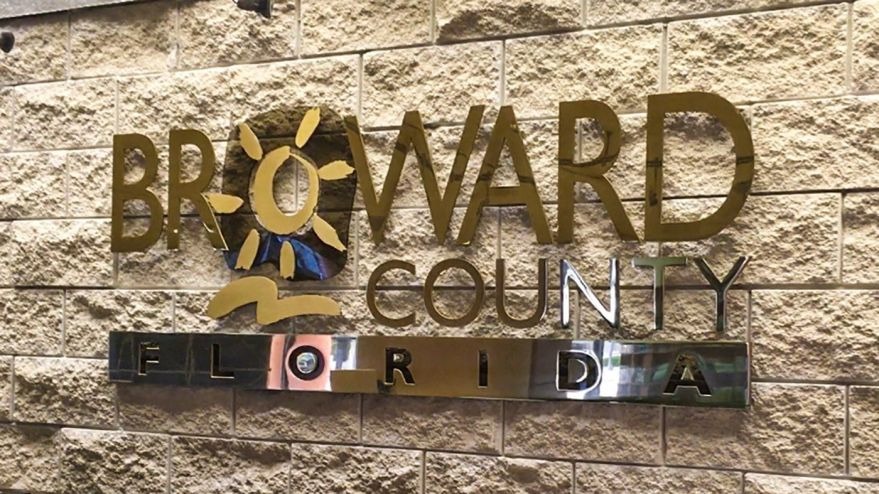
The recent passing of Florida Senate Bill 4-D (full Bill here) and Glitch Bill SB 154 (full Bill here) has brought significant changes to Florida’s condominium and cooperative associations. These bills have introduced new requirements, particularly related to milestone inspections and structural integrity reserve studies (SIRS). In the latest of our multi-part coverage on SB 154 and SB 4-D (read part 1 if you missed it), we delve into the essential details and implications of these bills, helping you navigate these crucial aspects of condo management.
July 2025 Update: New legislation (HB 913) is in effect for SIRS and Milestone Inspections. Read about current SIRS law changes and Milestone Inspections changes in our latest articles.
Milestone Inspections: Ensuring Building Safety and Compliance
One of the focal points of the legislation is milestone inspections, which primarily affect condominium and cooperative associations existing on or before July 1, 2022, with buildings three stories or taller. The purpose of these inspections is to ensure the structural safety and compliance of the buildings. The mandate from the state requires these associations to conduct milestone inspections, aligning with building code standards. The initial deadline for completion is December 31, 2024, followed by subsequent inspections every 10 years.
The legislation encourages proactive engagement by associations, discouraging waiting the full 10 years between inspections. Early intervention and consistent assessment are key to maintaining building safety and adhering to legal requirements. Associations need to consider engaging qualified professionals who are well-versed in the intricacies of structural evaluations.
Structural Integrity Reserve Studies: Navigating Essential Components
The concept of structural integrity reserve studies (SIRS) takes center stage in Senate Bill 154 (718.112(2)(g)). Associations with buildings three stories or taller are required to conduct SIRS, which involve comprehensive evaluations of various building components. Primary structural systems, fireproofing, plumbing, electrical, waterproofing, windows, and doors are some of the components encompassed by SIRS. Notably, any other item exceeding $10,000 that could impact the listed components upon failure must also be included in the study.
A thorough visual inspection is emphasized as a vital aspect of SIRS. The complexity of these systems necessitates on-site assessments to accurately evaluate their condition. Proper visual inspections, coupled with expert insights, provide associations with the information required to make informed decisions about their building’s structural integrity.
The bill introduces clear guidelines for reserving funds to address these components. While traditional reserves for items like roofing, painting, and paving remain, the legislation expands the scope to include a comprehensive range of building elements. The consideration of how items like elevators fit into this framework is being addressed by professionals conducting the studies.
The introduction of Senate Bill 154 also brings a noteworthy addition: professionals certified as reserve specialists or professional reserve analysts by the Community Association Institute (CAI) or the Association of Professional Reserve Analysts can now perform structural integrity reserve studies. This expansion provides more options and capacity to conduct these critical assessments.
Balancing Budgeting and Compliance: Reserve Requirements
As associations adjust to the new requirements, it’s essential to strike a balance between budgeting and compliance. The legislation categorizes reserve items into two groups: structural and non-structural. Structural components identified in the SIRS must be fully funded by December 31, 2024. After this date, the option to waive or partially fund these items is no longer available.
Non-structural reserve items, while still required, allow associations to propose budget options for either partial funding or waiver. These options can be subject to membership votes, providing flexibility in financial planning. However, it’s recommended to engage legal counsel and management to ensure all decisions align with the law’s provisions.
Pooling Reserves: Budget Considerations and Implications
The topic of pooled reserves often arises in discussions of budgeting. The new legislation allows for pooled reserves but distinguishes between structural and non-structural reserve items. Associations have the flexibility to set up separate pools for these items, enabling a strategic approach to financial planning. While pooling offers advantages, careful consideration and collaboration with management are essential to ensure compliance with the new regulations.
Senate Bill 4-D and Glitch Bill SB 154 bring significant changes to Florida’s condominium and cooperative associations. The introduction of milestone inspections and structural integrity reserve studies underscores the importance of building safety and proactive maintenance. Associations are advised to engage qualified professionals, leverage comprehensive inspections, and strike a balance between budgeting and compliance. By navigating these legislative changes with informed decisions, associations can ensure the well-being of their communities and the longevity of their properties.
If you have questions about how SB 4-D and 154 applies to your building, we encourage you to reach out to our team at Building Mavens. As South Florida’s premiere Milestone Inspections, SIRS, and Engineering Consulting firm, we understand the legislation’s nuances and deadlines, affording us the knowledge to help provide you with the inspections and guidance necessary to help you move forward with confidence and clarity. Contact our team today and let us seize this opportunity to build a safer and more secure future together.
About the Author

With a comprehensive background spanning public and private projects, Scott’s proficiency encompasses structural engineering design, construction oversight, and forensic analysis. His role involves investigating structural failures, construction defects, and code compliance to ensure project integrity while upholding safety standards and building codes. Beyond his investigative prowess, Scott is a skilled design engineer, contributing to diverse architectural facets including building envelope systems and designs for various materials. His extensive portfolio includes projects ranging from residential designs to commercial structures like warehouses and piers. Across all phases of project development, from conception to inspection, Scott’s dedication to innovative and compliant engineering solutions shines through.
Contact me for more information: info@buildingmavens.com







